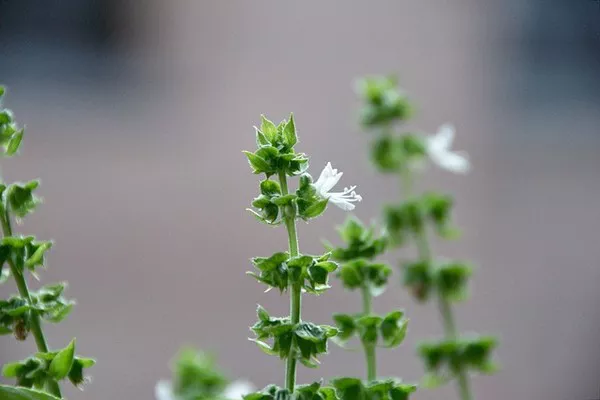A recent study led by the University of Oxford reveals that the domestication of crops by humans can significantly influence the communities of microorganisms associated with plants. The findings, published in Current Biology, demonstrate that independent domestication events have comparable impacts on the plant microbiome, offering valuable insights into potential applications for improving crop yields and food security.
Lead researcher Dr. Riccardo Soldan from the University of Oxford’s Department of Biology emphasized the significance of the study, stating, “Our study provides evidence that regardless of where and how domestication took place, domesticated plants have microbial communities that distinguish them from their wild counterparts.”
The research is crucial because understanding the consistent associations between domesticated crop species and specific microbes may pave the way for engineering these communities to deliver positive effects to host plants. Microorganisms can play a crucial role in enhancing plant growth, stress tolerance, and resistance to factors such as drought or disease.
The study focused on two independently domesticated crop species, Phaseolus vulgaris (common bean) and Phaseolus lunatus (lima bean), both cultivated in Mesoamerica and South America. By analyzing the microbial communities associated with these crops, particularly those linked to seeds, the researchers sought to identify changes related to traits that underwent human selection during domestication.
In seed crops like beans, domestication has led to significant changes in seed characteristics, such as increased size and altered mineral content. Statistical and machine learning approaches revealed substantial differences in the composition of microbial communities associated with seeds from wild and domesticated plants.
Importantly, these alterations in microbiome abundance and composition correlated with changes in seed mineral content across multiple domestication events. For example, reduced calcium concentrations in domesticated P. vulgaris seeds, selected for improved cooking properties, showed a significant correlation with changes in microbiome composition.
Professor Gail Preston, the principal investigator, highlighted the study’s key finding that similarities in the microbial communities of independently domesticated plants can be attributed to closely matched plant traits. In this case, the selection for larger and better seeds during independent domestication processes in different regions of the Americas shaped the seed microbiome in similar ways.
The researchers suggest that understanding the factors influencing microbial communities in wild and domesticated plants could lead to opportunities to modify crop microbiomes, enhancing resilience and productivity. Future research by the team aims to investigate the impact of domestication on other plant traits and a broader range of crop species, exploring the potential reintroduction of beneficial traits from wild species to improve crop microbiomes.


